10 Vinyl Plank Flooring Pros and Cons
Vinyl plank flooring is one of the fastest growing categories in the world of flooring. How did this happen and why are more people buying vinyl planks over wood and tile than ever before? Here we take a quick look at the top 5 pros and the top 5 cons to vinyl plank flooring to help answer that question.
Vinyl Plank Pros
1. Easy to Install
Most vinyl plank options have a click lock method of installation that is DIY friendly and can be free floated over your subfloor so that no adhesive is needed.
2. A Variety of Styles
Vinyl planks are available in numerous styles designed to mimic the look of all the most popular flooring options including wood, natural stone, cement, large plank formats, and more.
3. Budget Friendly
The cost of vinyl plank flooring is usually in the friendly $2-5 per square foot range. Compare that to some wood and stone options that can potentially be 2-3 times that cost.
4. Versatile and Moisture Resistant
Vinyl handles moisture better than wood flooring, so it can be used with confidence in kitchens, bathrooms, and basements.
5. Low-Maintenance and Easy to Clean
Vinyl planks might be the easiest flooring type of all to clean and maintain. It can be vacuumed, swept, or mopped with mild detergents to keep looking beautiful for years to come.
| Related Content >> The 5 Best Vinyl Plank Flooring of 2021 |
Vinyl Plank Cons
1. May Off-Gas VOCs
Some vinyl floor products may emit gasses called VOCs (volatile organic compounds). To protect yourself, look for products that are FloorScore certified.
2. May Fade Slightly in Direct Sunlight
Over time, many floor types may slightly fade in direct sunlight, including vinyl and wood. If the area will be exposed to lots of UV, consider a wood-look tile instead.
3. May be Dented
Not all vinyl planks are created equal. Some can be dented by heavy furniture or dropped items. Consider an SPC or rigid core product if you have these concerns.
4. Not Biodegradable
Overall, vinyl is a very durable product, and since it is not organic like wood flooring, it will not biodegrade. Consider eco-friendly flooring if this is important to you.
5. Can be Difficult to Remove
Some vinyl plank floors do not have the click lock method of installation, so they have to be glued down instead. Glued down planks will be more difficult to remove in the future.

Start exploring your vinyl plank flooring possibilities today.
ORDER FREE SAMPLES SHOP ALL VINYL PLANK FLOORING









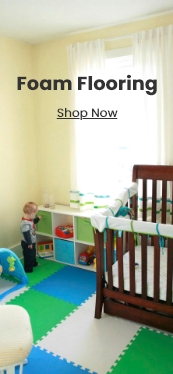



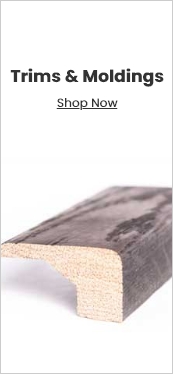


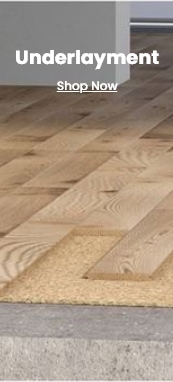

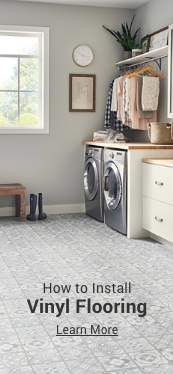
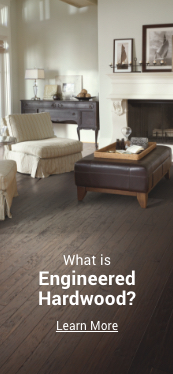
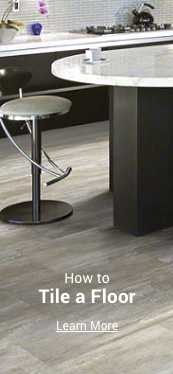
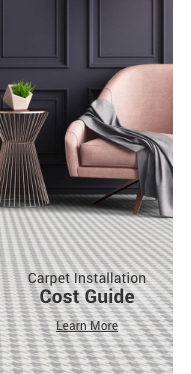
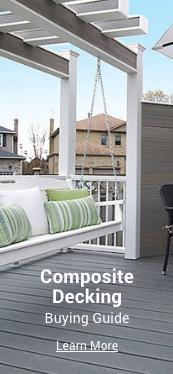


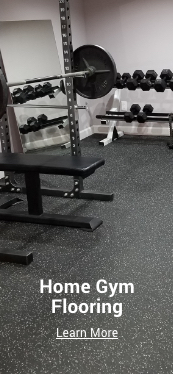


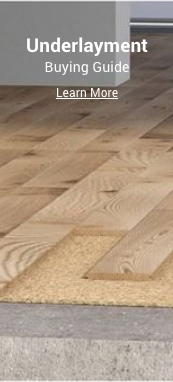

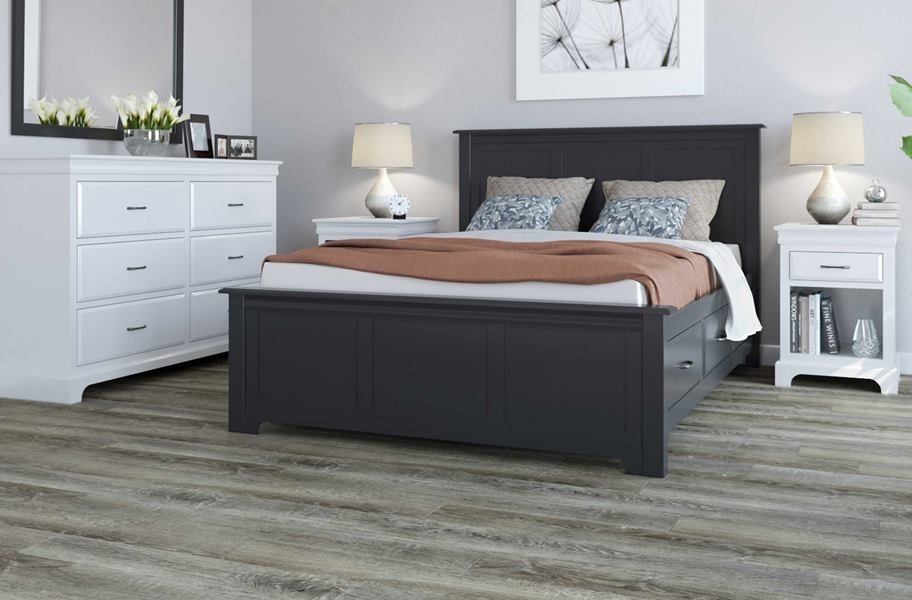
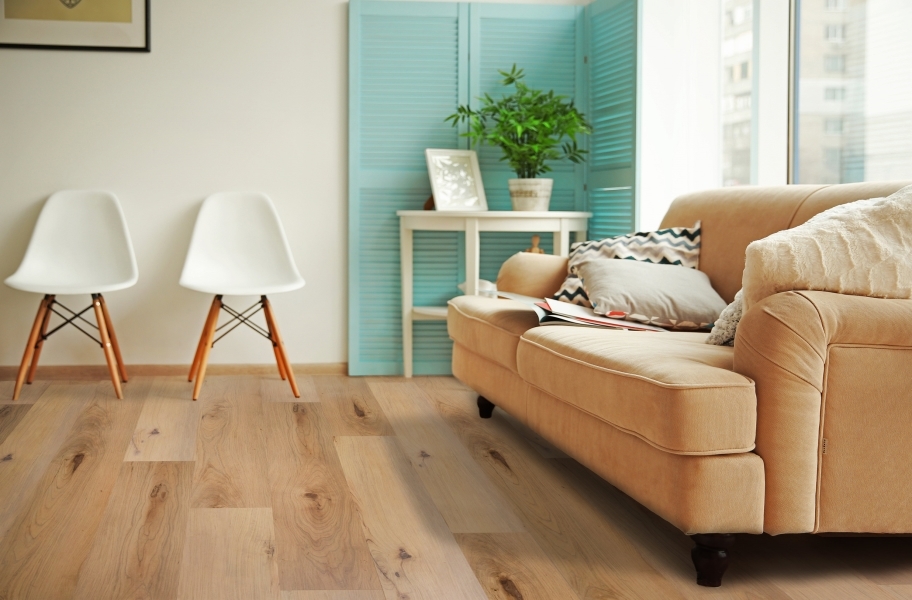

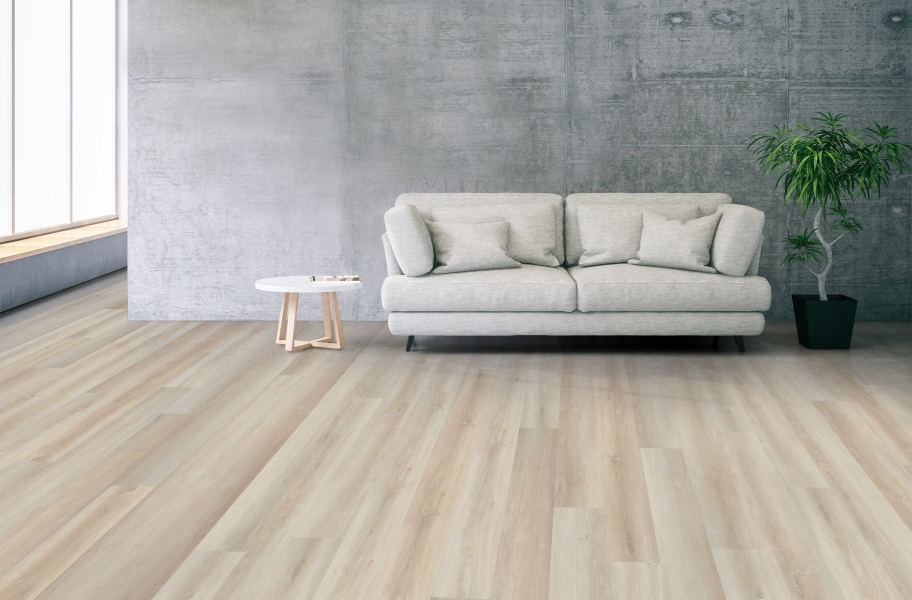
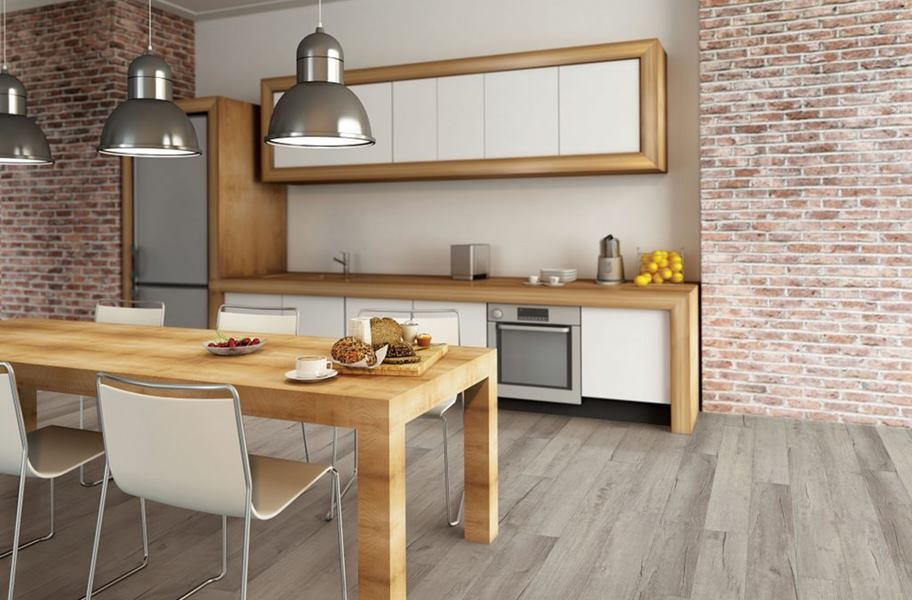
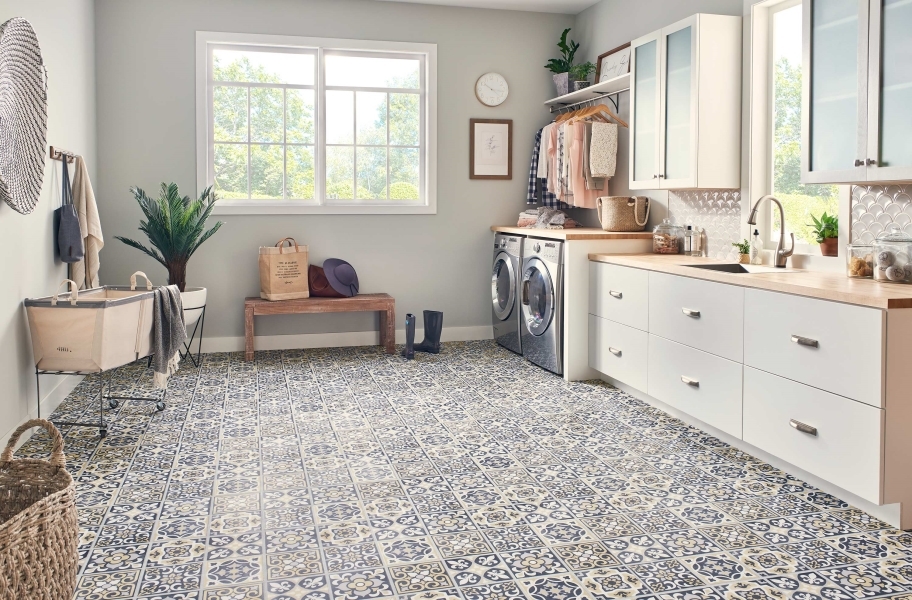


My mother who is in the middle of preparing for her home renovation, told me last Sunday night that she was interested in getting vinyl planks installed as her choice of flooring. She needed help with some research first and that’s how I stumbled on your very interesting post here. I am most fond of where you elaborated on how these flooring can be used on different parts of a house due to its moisture resistance. This is a good point you brought up here, where I’m sure anyone looking to get vinyl planks as flooring will be happy to have learnt of. I’ll be sure to share this with my mother later today! Thanks a lot!